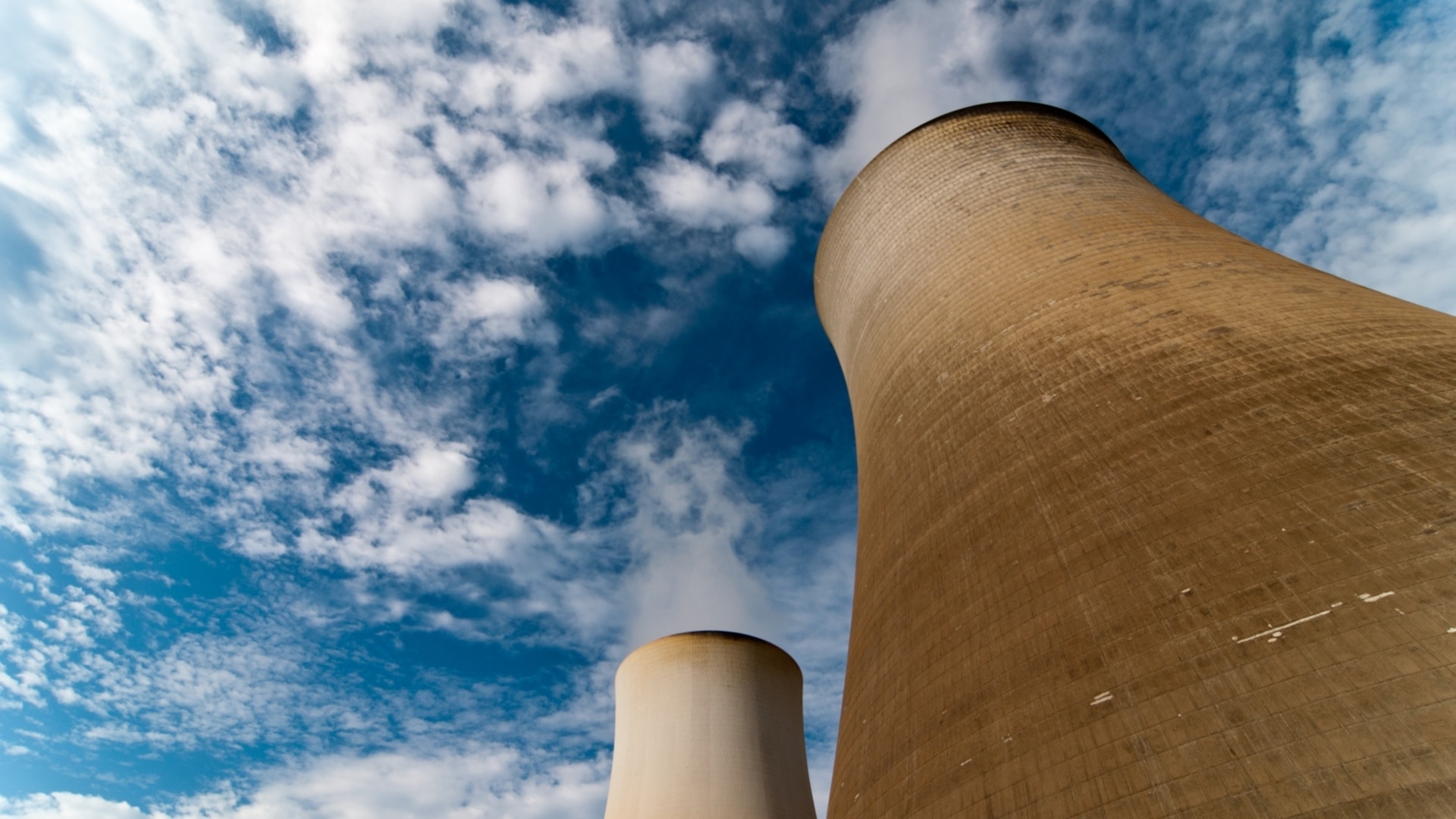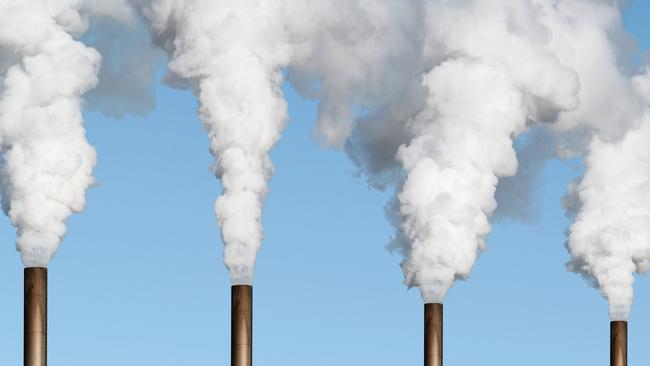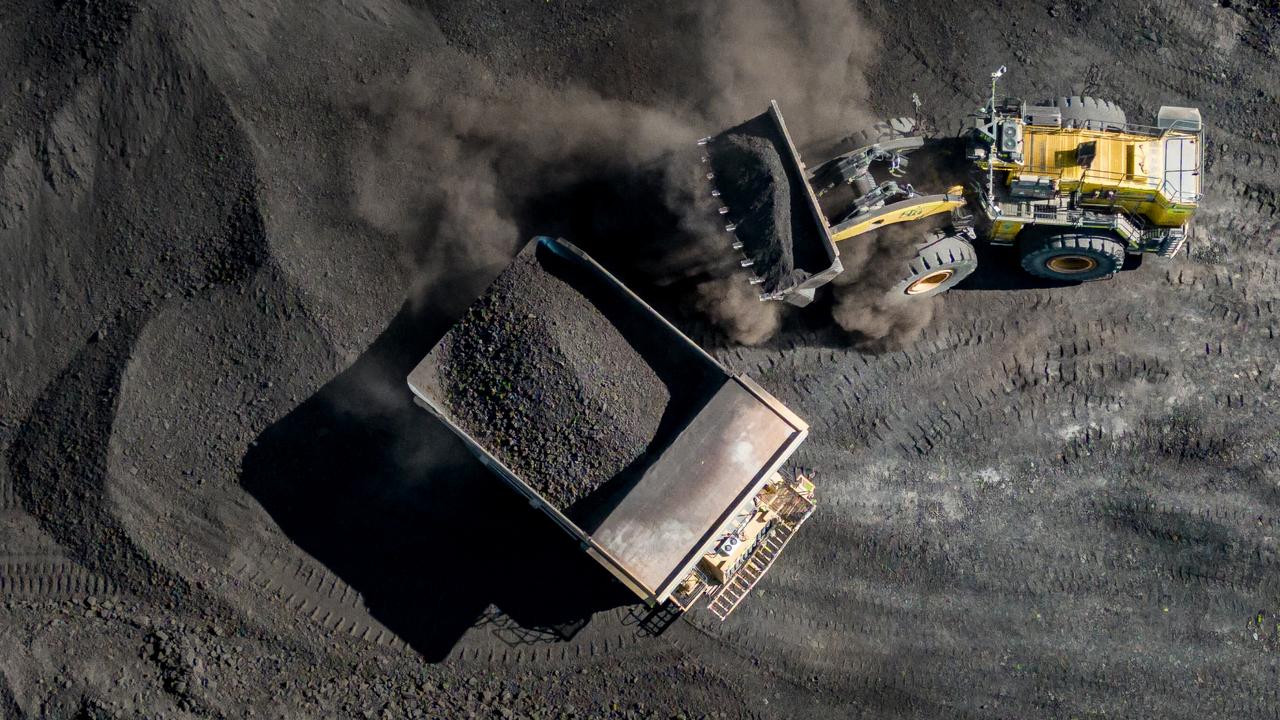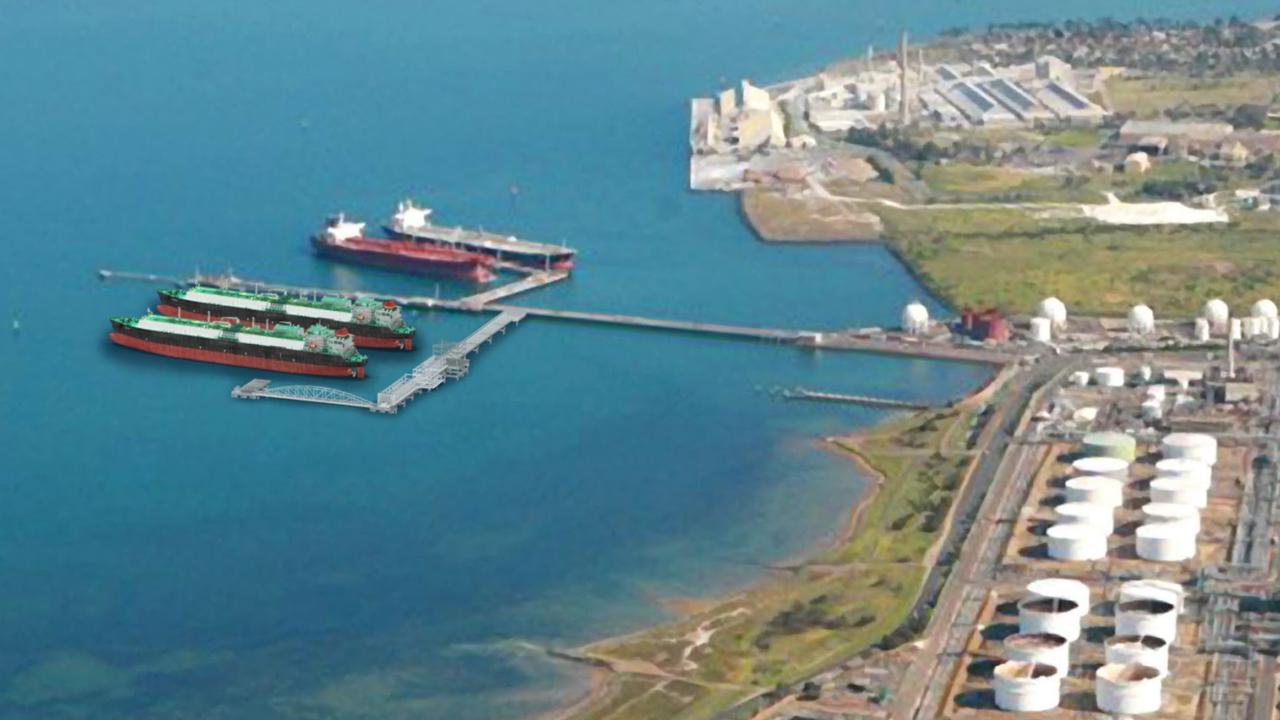Australia’s 2035 emissions target timetable up in the air as agency considers the Trump effect
Labor is on course to head to the federal election without a 2035 emissions reduction target as the agency tasked with providing advice considers the likely effect of Donald Trump’s presidency.

Australia is on course to head to the polls without Labor setting a 2035 emission reduction target, as the agency tasked with advising the government is yet to appoint an expert panel, amid expectations US president-elect Donald Trump will slash US climate change ambitions.
Labor had promised to deliver its 2035 targets by February, in line with the Paris Agreement, but it must first receive advice from the Climate Change Authority, which is now chaired by former NSW Liberal treasurer Matt Kean.
Mr Kean late last year insisted that advice was on course to be delivered to Labor by the end of 2024, but the election of Mr Trump as US president saw the CCA rethink its timetable.
Mr Kean said the agency would need to re-examine its modelling in the wake of the election of Mr Trump. During his first term, Mr Trump withdrew the US from the Paris Agreement and during the recent campaign he said he was likely to do so again, putting global plans to fight climate change into disarray.
With the inauguration of Mr Trump less than a week away, The Australian understands the CCA has yet to finalise its technical expert advisory panel.
The delay will see Australia technically fall foul of its Paris Agreement target, but analysts have said it could be advantageous to head to the polls without a contentious target that could focus voter attention on the cost of reducing emissions.
Because of the delay, Australian voters may not know the intentions of the major parties on emissions beyond 2030.
Labor has set an aggressive target of reducing emissions by 43 per cent from 2005 levels by the end of this decade, a target that the Coalition has aggressively campaigned against, arguing it is unachievable. The Coalition has said it will not offer an alternative plan before the election.
Federal Energy Minister Chris Bowen insists Australia is on course to meet its 2030 target.
“Our robust reforms and pragmatic policies are delivering what we’ve always said – Australia’s 43 per cent target is ambitious but achievable,” a spokeswoman for Mr Bowen said.
“Because we are working with industry and business, there is a clear understanding of what needs to be done over the next five years to reduce emissions in their sectors for Australia to meet its legislated 2030 emissions reduction target.”
Mr Trump has poured scorn on attempts to cut emissions, in contrast to his predecessors.
The outgoing Biden administration last year announced a US target to cut emissions by between 61 and 66 per cent by 2035, but Mr Trump intends to drop this.
Mr Trump has pledged immediate action to bolster fossil fuel production and limit government support for both electric cars and renewable energy.
It is unclear whether Mr Trump can or will overturn Mr Biden’s signature energy transition legislation, the Inflation Reduction Act, which offers a wave of sweeteners to bolster clean energy generation.

The looming election, due by mid May, is expected to be a referendum on the country’s economy, which is buckling under a cost of living crisis and high inflation that saw the Reserve Bank lift interest rates 13 times to a 13-year high.
The voter focus is in contrast to the 2022 election, when emissions were front and centre in the minds of voters. The 2022 election saw the Greens pick up their largest share of the vote and several independents were elected to parliament on a platform of environmental action.
Labor moved quickly to set a target of having renewables generate 82 per cent of the country’s electricity by 2030, substantially reducing emissions. Labor also implemented the Safeguard Mechanism policy, which requires Australia’s largest polluters to reduce emissions by about 5 per cent a year.
But a cost-of-living crisis, fuelled in large part by a surge in utility bills, has seen a swing – particularly against the Greens.
A record number of Australians have been unable to pay their utility bills. Supporters of the energy transition insist the rollout of renewables is putting downward pressure on bills.
The federal government in May 2024 offered a series of sweeteners, headlined by a $300 energy rebate that has helped temporarily lower inflation. Those rebates are set to end within months, though there are widespread expectations that Treasurer Jim Chalmers will extend them.





